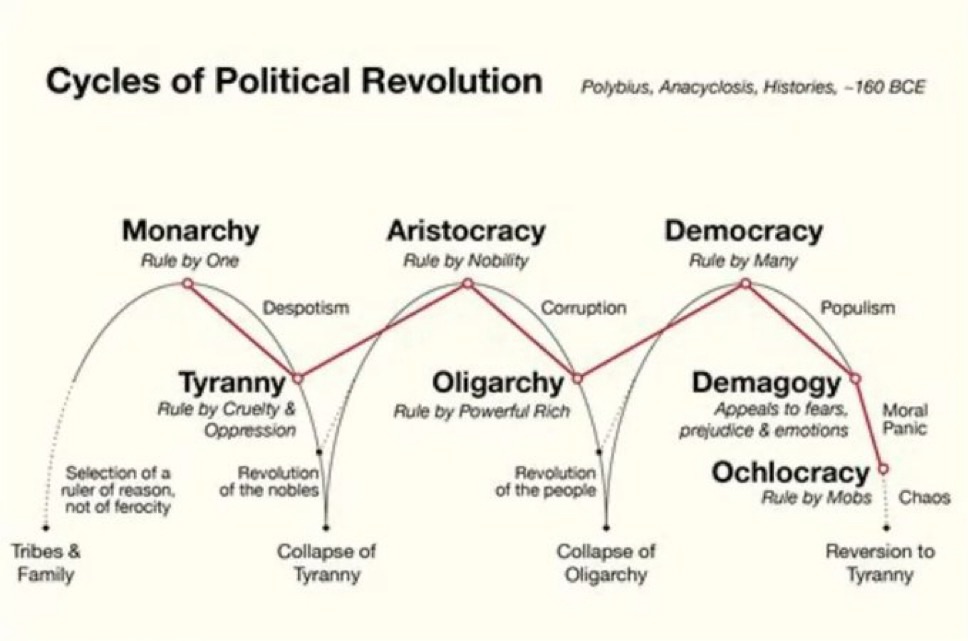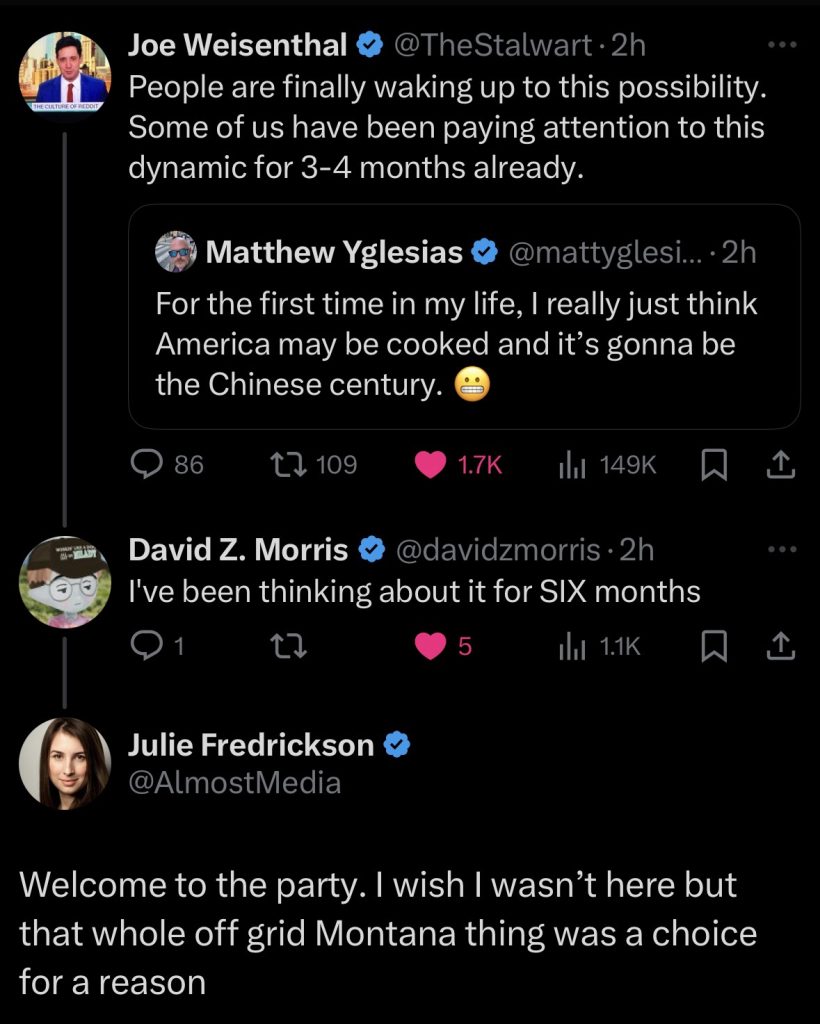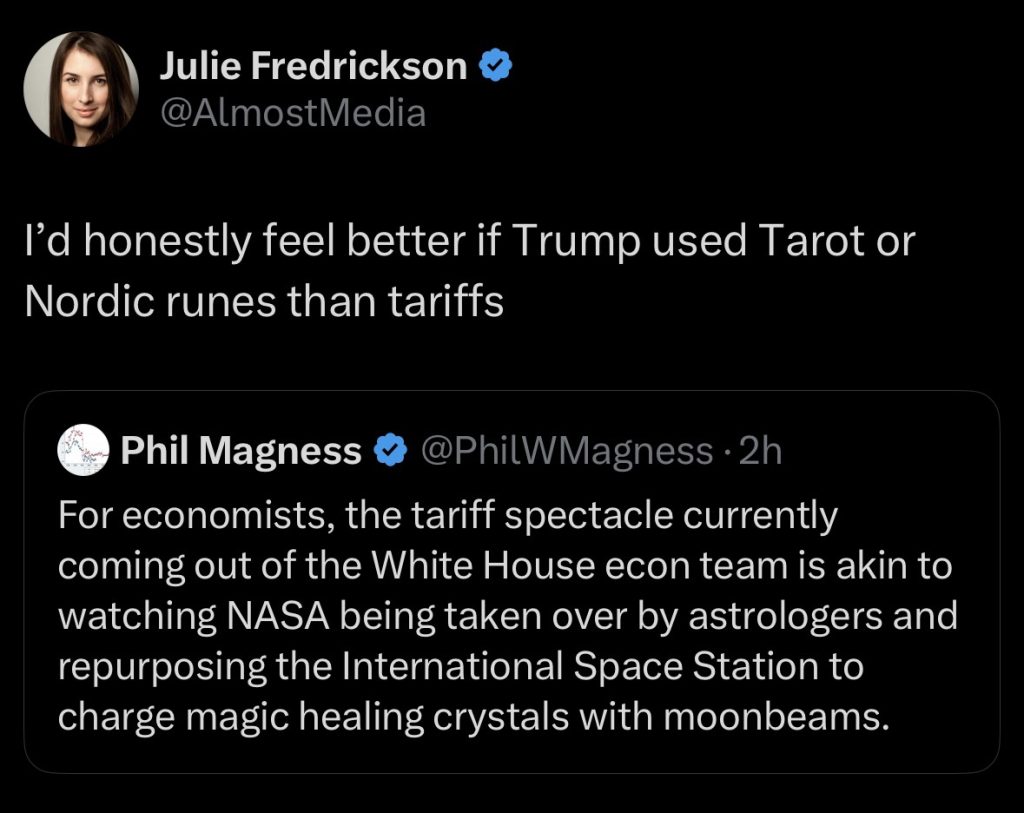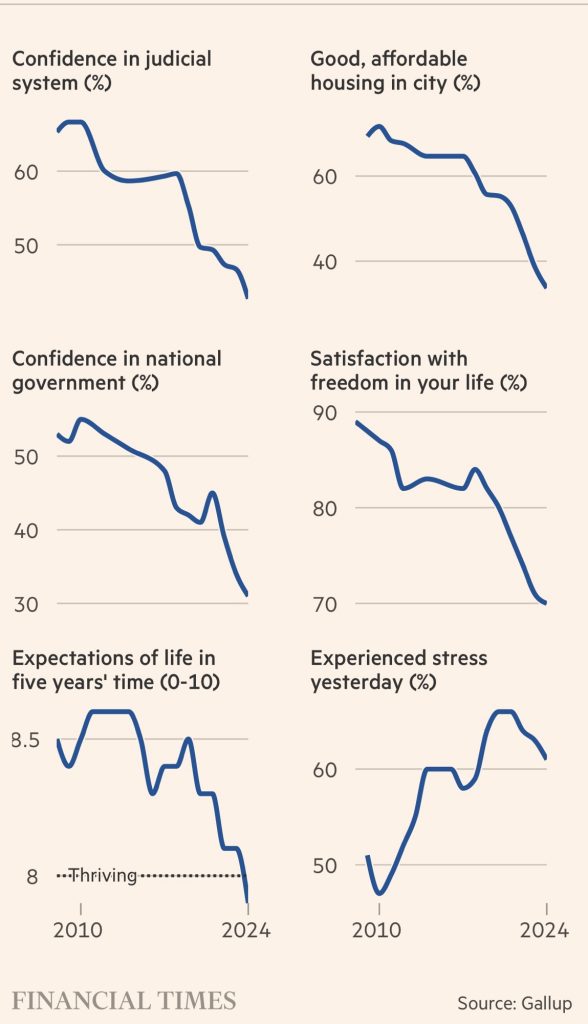I am excited to be a panelist at an academic conference at my hometown’s university later this week.
While I didn’t attend the University of Colorado at Boulder myself, as a townie kid it holds a special place as educational institution in my life.
Their libraries lent me books, I attended events like their famed Conference on World Affairs and I made use of campus facilities from sports fields to their planetarium.
CU Boulder helped make me who I am today. Which is apparently someone who is qualified to weigh in on challenging topics in technology and culture.
The conference is called Renegade Futurism: Tech and the New Political Counterculture
Tech” isn’t like other industries. In addition to money and products, it is now a source for politicians, policy, culture, and philosophies with unprecedented influence throughout the globe. Figures like Elon Musk and Peter Thiel hardly count as mere industrialists; they function as thought-leaders and government operatives.
This two-day conference gathers actors from today’s tech world–entrepreneurs, makers, thinkers, observers, and critics–to discuss the meaning of the tech counterculture, and what it might entail for the future of technology and American democracy.
Hosted by the Bruce D. Benson Center for the Study of Western Civilization on Friday April 25th and Saturday April 26th and it is open to the community so if you are nearby please consider registering and attending.
The speaker line up is very impressive from politicians like our very own governor Jared Polis to journalists like James Pogue and entrepreneurs, operators and industrialists like myself.
My topic is first thing and the panelists are well worth being up early to learn from.
April 25th Atlas Building ATLS 100 – Cofrin Auditorium
9:00AM-10:15AM “How dissident is today’s tech?”
Technology can be a democratizing tool or a weapon of centralized authority. If those are perennial alternatives in technology’s history, which has predominated during recent years?
Panel: Michael Gibson, Jeff Schullenberger, Patrick Deneen, Julie Fredrickson
Moderator: Paul Diduch






